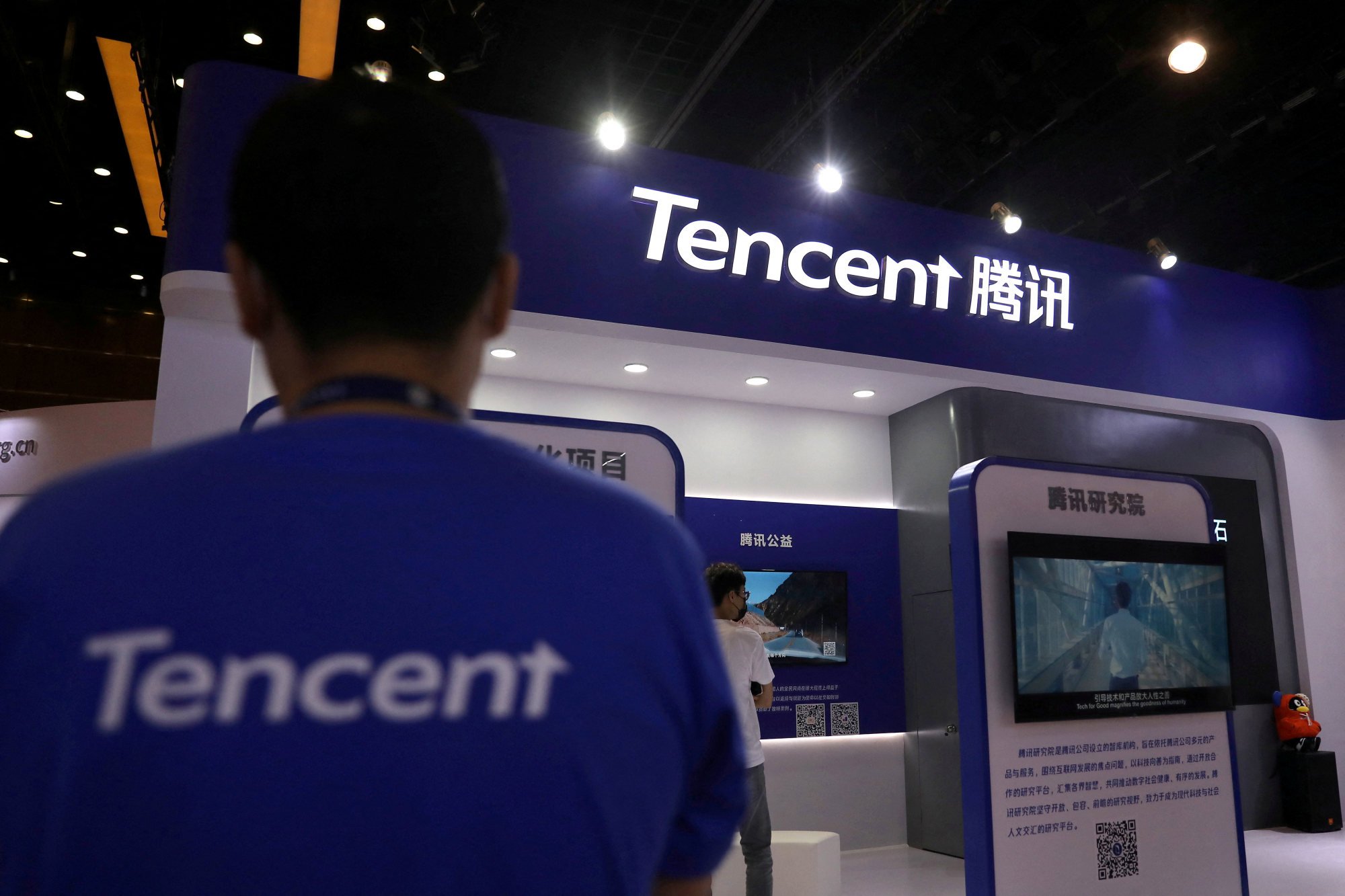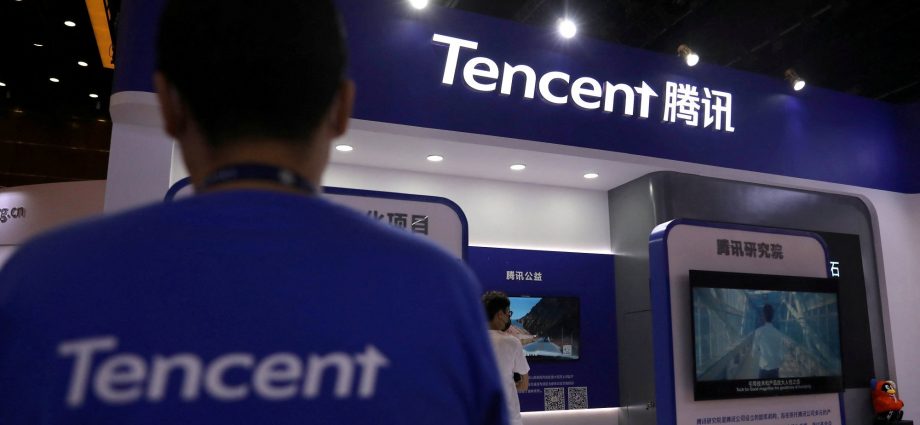Tencent Holdings, the Chinese technology giant that operates the world’s largest video gaming business by revenue, is pivoting overseas, as the home market cools under strict regulations.
During the four-day Tencent Game Developers Conference that kicked off on Sunday, the Shenzhen-based company has highlighted expansion opportunities abroad for its in-house titles, as well as those from other Chinese developers.
Chinese games have high growth potential in several emerging markets, including the Middle East, Latin America and Southeast Asia, Xia Lin, vice-president of Tencent Games, said at a keynote speech.
The sheer number of users and game downloads in those geographical areas have “far exceeded the scale of the Chinese market”, Xia said. “These regions are experiencing growth opportunities similar to what we saw from 2012 to 2015 (in the home market).”
Tencent has increased the number of conference sessions dedicated to the theme of overseas expansion from just one last year to four this year, featuring developers behind some of the firm’s biggest mobile hits, including PUBG Mobile and Call Of Duty: Mobile.
At least 22 English-speaking developers were invited to sharing sessions, including those behind well-known mobile titles such as Clash Of Clans, created by Tencent-owned Finnish studio Supercell. In comparison, two foreign game developers were invited to speak last year.
Tencent’s mobile games have performed well even as competition has intensified in the overseas market, according to Yang Qi, operation lead of Call Of Duty: Mobile.
“Garena Free Fire quickly seized the market … and performed well in Latin America, South-East Asia, India and North America,” Yang said, adding that battle royale title Knives Out had an “outstanding” performance in Japan through brand cooperations and good localisation of social features.
China’s video gaming market has been battered by some of the world’s toughest regulations in the industry, as the country’s leaders seek to root out video gaming addiction among Chinese youth.
Some of the harshest rules include a strict licensing system and a playtime limit that has banned gamers under 18 from playing online more than three hours a week since last September.
The combined revenue in China’s video gaming market dropped 1.8% in the first half of this year, while the number of gamers fell slightly to 665.69 million at the end of June from 666.57 million in December, the Game Publishing Committee of the China Audio-Video and Digital Publishing Association said in a report released last month.
Tencent, along with China’s second-largest video gaming company NetEase, has yet to secure a single licence this year to publish new games on smartphones or personal computers, even after regulators resumed the approval process in April. The last time Tencent received a new licence was 14 months ago.
During the March quarter, Tencent reported almost no revenue growth, while net profit plunged by more than half from a year ago. In May, founder and chief executive Pony Ma Huateng said the company had implemented cost-control initiatives and “rationalised” non-core businesses.

Despite the headwinds, Tencent’s flagship blockbusters remain as popular as ever.
Honour of Kings and PUBG Mobile were the world’s most lucrative mobile games in the first seven months of 2022, racking up US$2.889bil (RM12.90bil) in combined sales, according to data compiled by US analytics firm Sensor Tower.
As Tencent doubled down on its overseas business, its international video gaming revenue grew by 4% to 10.6bil yuan (RM6.98bil) in the first quarter, while domestic gaming revenue fell 1%. The firm is due to report its second-quarter results on Wednesday.
Amid heightened scrutiny from the Chinese government, Tencent has once again emphasised the role of video gaming technologies in promoting social value.
The company is building a virtual Great Wall of China using the US game creation software Unreal Engine 5, which allows the digital cultural heritage to be viewable on smartphones, Xia said on Sunday. – South China Morning Post

